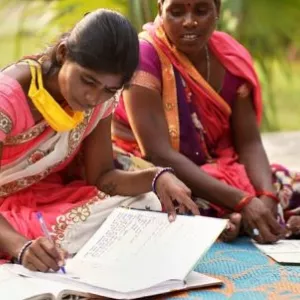WEAGov: A new conceptual framework to assess women’s empowerment in agricultural governance
Global progress on advancing women’s empowerment within governance systems has been uneven, even as recent global shocks and crises—such as the COVID-19 pandemic and rising food, fuel, and fertilizer prices triggered by Russia’s invasion of Ukraine—have had disproportionate effects on women and girls, highlighting the need for countries to formulate innovative policy solutions with a gender lens. Some countries have

WEAGov: A new conceptual framework to assess women’s empowerment in agricultural governance
Global progress on advancing women’s empowerment within governance systems has been uneven, even as recent global shocks and crises—such as the COVID-19 pandemic and rising food, fuel, and fertilizer prices triggered by Russia’s invasion of Ukraine—have had disproportionate effects on women and girls, highlighting the need for countries to formulate innovative policy solutions with a gender lens.
Some countries have adopted tools like “women’s agendas”—designated spaces for grassroots women’s groups to make policy proposals—and gender responsive budgeting, but only 26% have comprehensive systems in place to track how public budgets affect women. Women’s representation in national legislatures, meanwhile, has increased over time, but still lags behind men’s.

